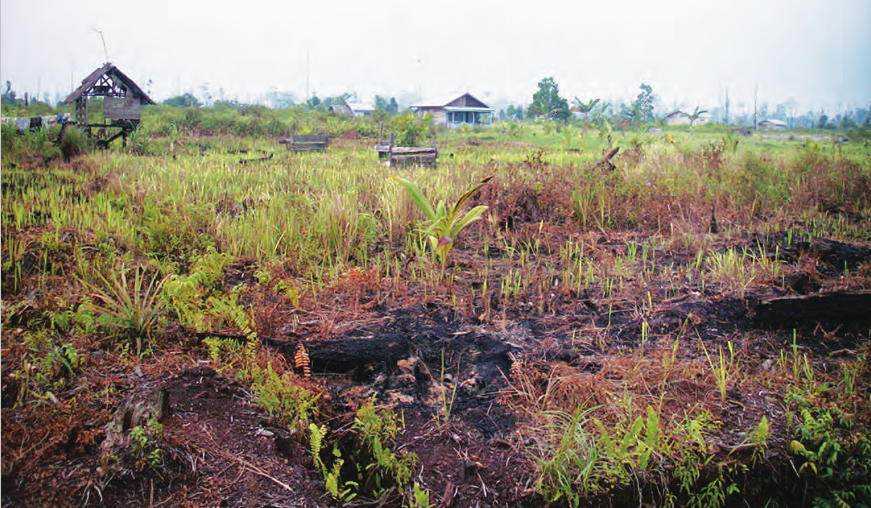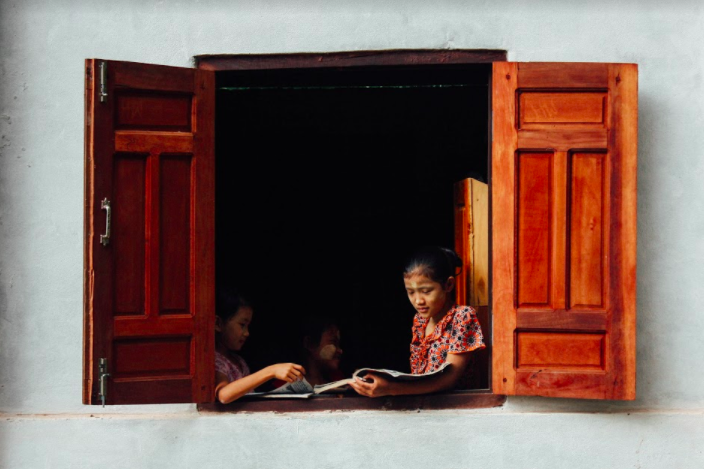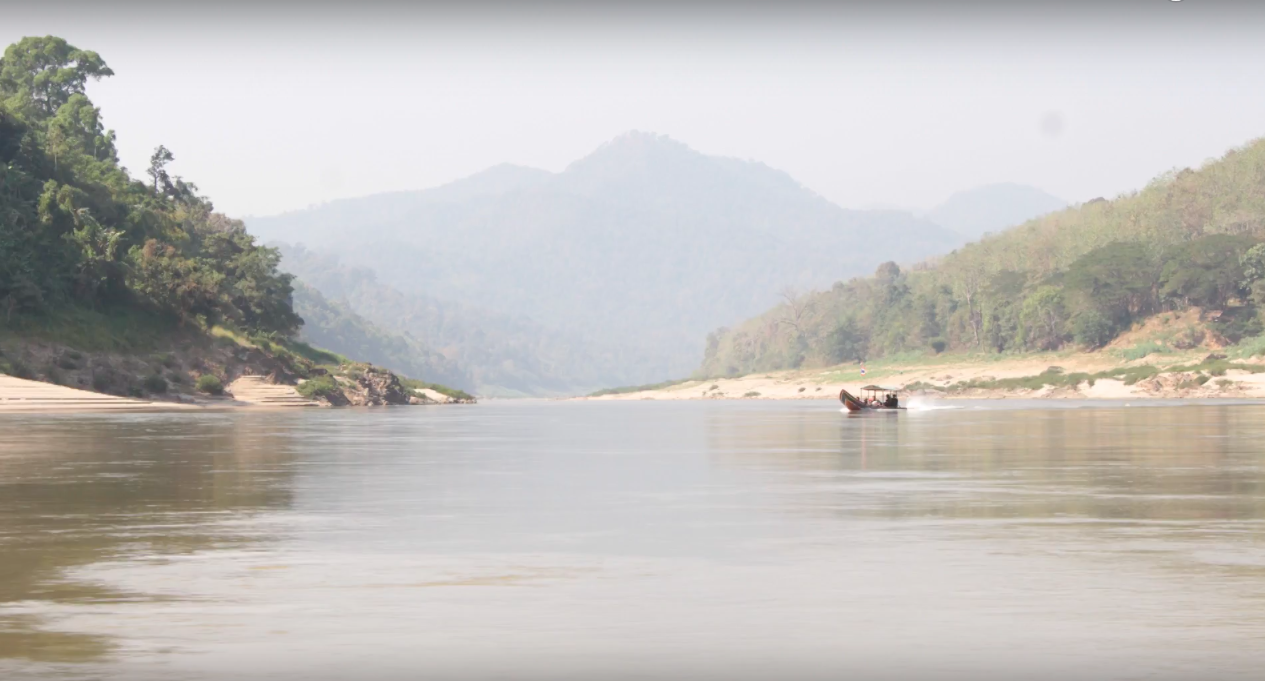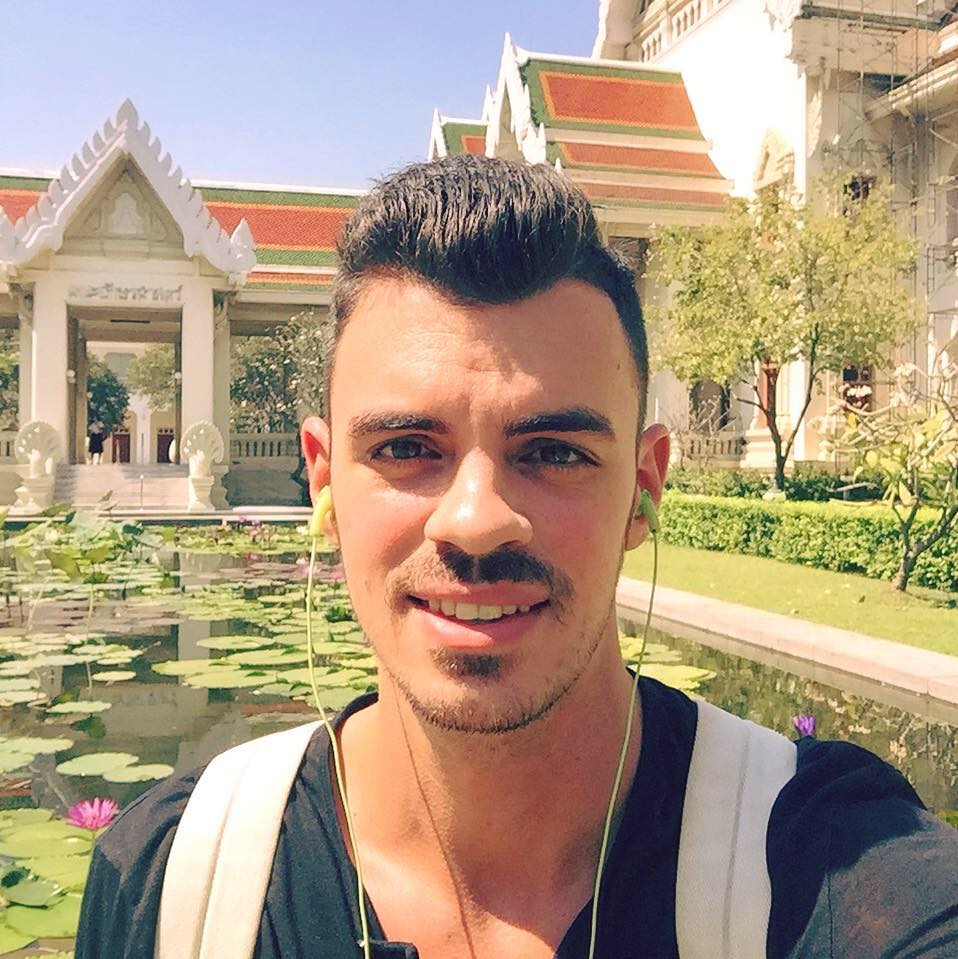Why Think Tanks and Civil Society Networks Matter
Towards a Creative Diplomacy Agenda:
Exploring New Approaches for Contemporary Transboundary Water Governance
Monday 29th January, 14:00-17:00 at the Saranitet Conference Room, 2nd floor, Main Auditorium, Chulalongkorn University, Bangkok, Thailand
Organized by: Chula Global Network (CGN), Center for Peace and Conflict Studies, and Center for Social Development Studies (CSDS), Chulalongkorn University
Asia has some of the world’s largest transboundary rivers, which are central to livelihoods, culture and economies. The need for cooperation along these rivers is more apparent than ever before as large hydropower dams, irrigation schemes and water diversions are promoted under regional economic development plans. Contestation over these plans and projects have occurred both between states sharing freshwater rivers, and various non-state actors including communities, civil society groups amongst others. Similarly, many countries of Asia share open seas that also require deepening cooperation. To ensure sustainable, inclusive and just sharing of transboundary waters requires a rethinking of existing practices and a critical deliberation of new concepts, research agendas, and approaches.
Knowledge among and between think tanks and civil society network is a crucial component of transboundary water governance. It is now widely recognized that addressing real-world complex water governance challenges requires the combination of a range of different types of knowledge, including academic, local, practical, and political knowledge. Whilst some knowledge producers are well-established and recognized, for example academic institutes, local communities, civil society groups and government agencies, other actors such as think tanks producing policy knowledge are relatively recent. How these forms of knowledge are combined and acted upon within policy and practice will be an important determinant of the outcomes of transboundary water governance.
In this seminar, representatives of academia, government, international organizations and think tanks will critically reflect on existing practices of transboundary water governance in Asia, and propose new concepts and approaches including on the role, strategies and possibilities for various forms of knowledge production.
Speakers:
- Professor Imtiaz Ahmed, Centre for Genocide Studies University of Dhaka
- Dr. John Dore, Department for Foreign Affairs and Trade, Government of Australia
- Ganesh Pangare, Asia-Pacific Regional Director, International Water Association
- Dr. Sucharit Koonthanakulwong, UNESCO Chair on Water & Sustainable Development
- Asst. Prof. Dr. Carl Middleton, Faculty of Political Science, Chulalongkorn University
- Dr. Chariyaway Suntabutra, Former Ambassador of Thailand to Egypt, Kenya and Germany
For more information please contact Robert Irven (CSDS): csds.chulalongkorn@gmail.com


![UPCOMING CONFERENCE: Graduate Studies in the Disruptive Society: Innovation in Human Rights, Development Studies and Resource Politics [12-13 July 2018]](https://images.squarespace-cdn.com/content/v1/575fb39762cd94c2d69dc556/1526531091499-3DJYTUMMQ51PPZ31EUQG/International+Conference-revised.jpg)



























